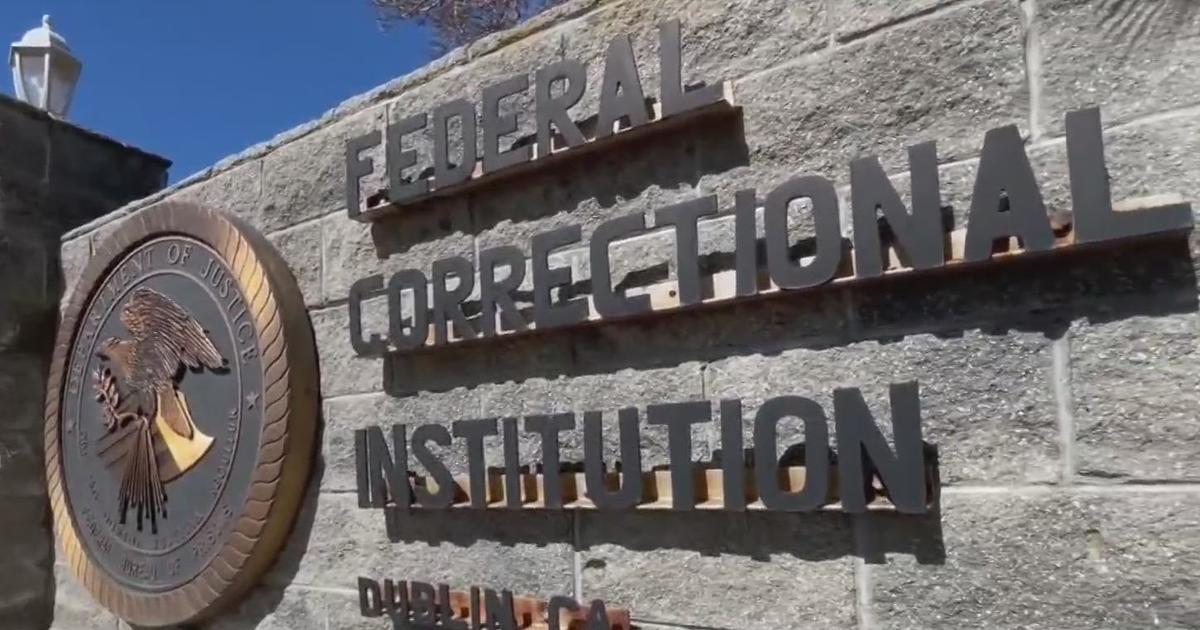With Tax Hikes Passed, Calif. Lawmakers Seek Broad Agenda
SACRAMENTO (CBS / AP) -- Lawmakers returned to the Capitol on Monday with a wide-ranging agenda that includes revisions to school funding, gun control laws and environmental regulations.
The Senate and Assembly opened their two-year session with Democrats firmly in control of both houses. The party's supermajorities will allow them to approve taxes and fees without GOP support, as well as override gubernatorial vetoes.
"There are so many issues to take up here that we will not lack for a lot of work to do," Senate President Pro Tem Darrell Steinberg told reporters. Legislators will address the state's water and transportation network, education funding, gun control, getting more help for the mentally ill, and complying with the federal Affordable Care Act, he said.
Republicans say they want to ensure that the sales and income tax increases voters approved in November through Proposition 30 are spent on education, as Gov. Jerry Brown and supporters promised during the election campaign.
Assembly Minority Leader Connie Conway, R-Tulare, said Republicans should be the "conscience" of the Legislature on spending and other reforms. She said she is encouraged by the proposals to make changes to education policy and funding.
"It's something that I've always hoped we could do as legislators, and that is spend more time focusing on really important issues and less on trivial little bills that seem to get in the way of other things," Conway said.
In addition to education, Conway said priorities include revisions to an $11 billion water bond that is set to go before voters in 2014 and modernizing the state's complex environmental regulations.
The statewide sales tax increase and an income tax increase on those making $250,000 a year or more are expected to generate an estimated $6 billion a year. That revenue and an improving economy mean there is likely to be less drama surrounding the state budget proposal Brown will release later this week.
The state's nonpartisan budget analyst projects a deficit of less than $2 billion in the fiscal year that begins July 1 and the possibility of surpluses after that.
But those rosier financial forecasts could lead to more clashes between the frugal Democratic governor and members of his own party who are eager to restore services after years of deep budget cuts.
Assemblywoman Kristin Olsen, R-Modesto, said she wants to ensure that Democrats "fulfill their promise" to spend Proposition 30 revenue on education.
"Certainly in all of their campaigning for it that's what they were promising, so as Republicans we need to make sure that they fulfill that promise, that they be wise fiscal managers of the tax money that they've been given by the public and not start to go out on another spending frenzy," she said.
Republicans are introducing several bills that respond to voters' approval of Proposition 30. They include a bill prohibiting tuition increases in the university systems while the higher taxes are in effect, and attempting to move up a vote on creating a spending cap and rainy day fund from November 2014 to the June 2014 primary ballot.
"This institution has an insatiable appetite to have more revenue to spend," Senate Minority Leader Bob Huff, a Republican from Diamond Bar. Voters rejected eight tax increases before approving Proposition 30, he noted, "so to take one election and say there's a mandate would be a mistake, I believe."
Brown also is expected to call a special legislative session to address administrative changes required to fully implement the national Affordable Care Act.
Steinberg, D-Sacramento, acknowledged criticism that the first two months of the legislative session generally produce little visible action because hundreds of bills are still being introduced and await their first committee hearings. Meanwhile, legislators collect their daily cost of living paychecks while meeting twice each week for largely ceremonial floor sessions.
To make sessions more productive, he said the Senate plans to invite speakers to discuss issues that will face lawmakers later in the year.
"I think that will be a good use of our time," he said.
He then adjourned a half-hour session that addressed just three administrative matters: one governor's appointment, one change to the membership of a committee, and the adoption of joint operating rules with the Assembly. All passed unanimously without debate.
(Copyright 2013 by CBS San Francisco. All Rights Reserved. This material may not be published, broadcast, rewritten, or redistributed.)



